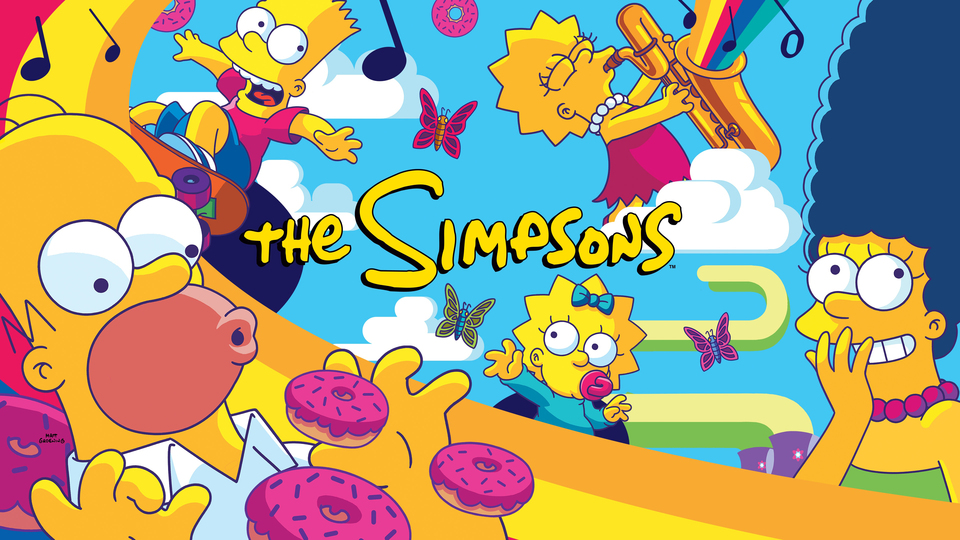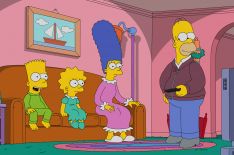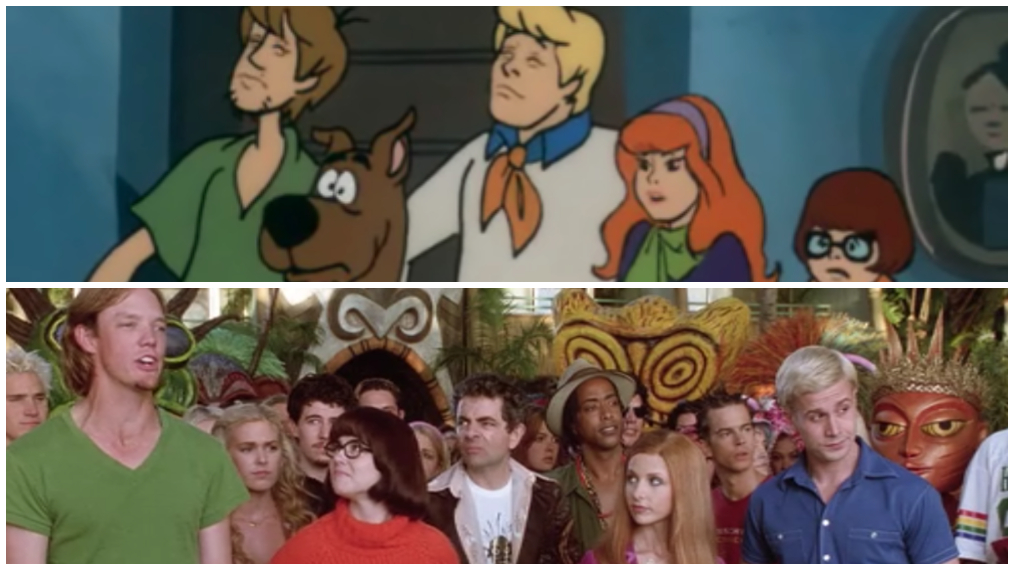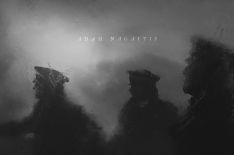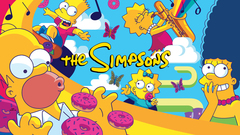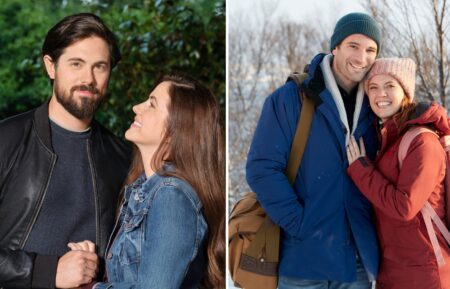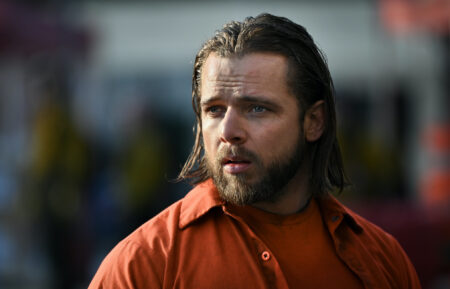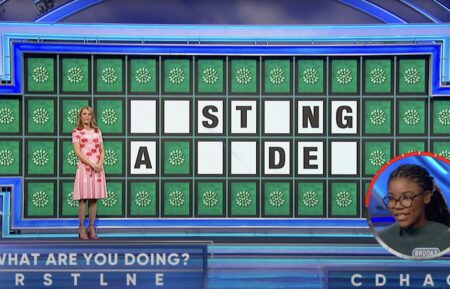Nancy Cartwright Talks Writing Her First ‘Simpsons’ Episode After 30 Years Voicing Bart
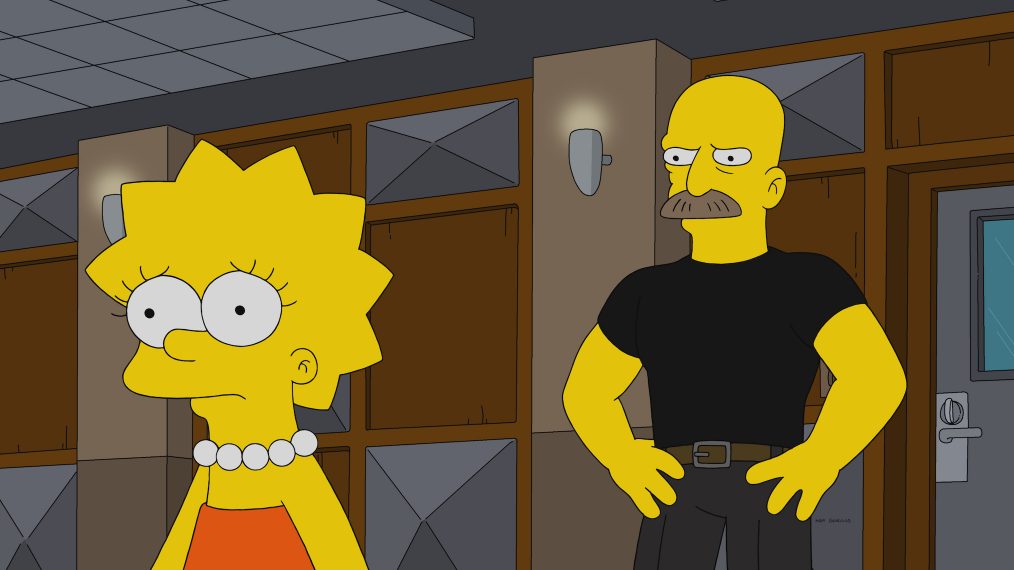
Q&A
Nancy Cartwright has been providing the voice of 10-year-old Bart Simpson for three decades. Over the course of The Simpsons’ unprecedented 650-plus episodes, she has done the Bartman into the hearts of fans all over the world. But in the show’s 30th season, she decided to take on a new challenge: For the first time ever, she wrote an episode of the long-running animated sitcom.
This Sunday’s episode finds Lisa Simpson drafted into a competitive children’s orchestra, lead by guest star J.K. Simmons in a role spoofing his Oscar-winning performance in 2014’s Whiplash. Cartwright based her script in part on her own childhood experiences as well as her family’s experience supporting her niece, Girl Meets World star Sabrina Carpenter.
Ahead of the episode’s premiere, TV Insider caught up with Cartwright to discuss writing for The Simpsons as well as some of the controversies that have touched the show in recent years.
This is the first episode of The Simpsons that you’ve written. Why now? Why did it take so long? Have you been working on this one episode since the very beginning?
Nancy Cartwright: [Laughs] I wish I could say I have, but no I haven’t been. I just never really made it something that I wanted to do. I was very happy doing voices and loved what the writers were doing. But for 20 years I’d been working on this dream project of mine, In Search of Fellini. When I actually made it happen, I thought, I should probably write a Simpsons episode now!
I’m sure there was a huge difference between writing the film and writing a Simpsons episode.
Oh, yeah. But the one thing that I do find that is true… the common denominator is truth. You have to write it so that it’s very real. Obviously you can go into fantasyland in both. I have artistic license to do that. But the truth of what I’m trying to communicate has to resonate. I still consider myself a novice writer. I have a lot to learn. I’m surrounded, though, by a lot of people who really know what they’re doing. The Simpsons writers, it’s a very specific art form that’s very collaborative. We have 20 writers on that show who helped to make my show what it is.
What kind of guidance did the writers room give you? Did anything in particular stick with you?
Not in terms of writing the script. I was kind of on my own on that. I pitched the idea to Jim Brooks and Matt Selman and Al Jean, and they loved the idea. I went off and did a little bit of a re-write on it and then I joined the other writers. To be honest, it was really an evolution. It took 20 writers to help me get it into shape — but it’s not like they were coming over to my house and helping me write the script. It was the opposite; I joined that party on the Fox lot.
That’s a tough room. They all assured me that I wasn’t being treated special or differently than anyone else. They’re amazing. Al Jean as the showrunner and senior writer on our show, he’s so brilliant. It gave me a new perspective on his responsibilities, making this show and maintaining a certain integrity that Jim and Matt [Groening] and Sam Simon put there from the very beginning. With that in mind, I had a big responsibility.
Why did you want to write an episode focused on Lisa rather than your own character?
I started playing trumpet when I was 10 — when I was Bart’s age! I was in band in elementary school, middle school, high school. I was in orchestra and switched over to French horn. I was not first chair. [Laughs] But I did have a sense of what I put Lisa through. But in my life, I did speech competitions [instead of band]. I took that and put it into the music world for Lisa, because it was something that was real for me. For writers, your best stuff is what you can pull from your own life.
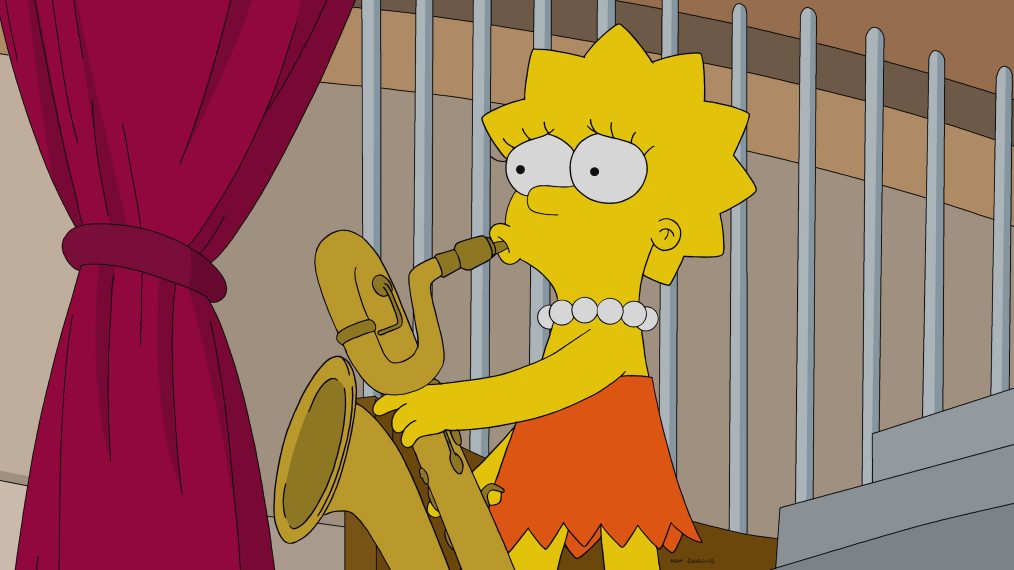
The episode is a bit of a send-up of Whiplash. Do you have a particular attachment to that film?
That was a contribution from one of the writers on the show. I don’t personally [have an attachment to the film], but I love what [Whiplash actor] J.K. Simmons did in that. And then to see what the animators did — oh my gosh, it’s so brilliant!
J.K. Simmons also guests in this episode. So what comes first: the spoof or the voice actor?
J.K. Simmons was definitely in mind. It just was a perfect fit. I really wanted to ride the whole production all the way through: writing the script, working with the other writers, doing the recording, and months later going in to see the animatic — which is a rough version of the animation — seeing what needs to be added and what needs to be cut, seeing the colorized version and meeting with the animators and the director. It just became so real to me.
And J.K. Simmons’s character looks exactly like J.K. Simmons. And the way that he directs in Whiplash, you’ll notice one movement that he does — it cracks me up every time I see it. That is so him!
You’ve worked with the other voice actors on this show for a long time. What was it like writing for your co-stars, and what was their reaction to you writing an episode?
I didn’t say anything until the day of [the table read]. Yeardley sat down and goes, “Oh! Nancy, you wrote an episode!” It got a great reaction. When we did the table reads, people were laughing.
You mentioned going through the whole production process with this episode. Are you thinking about taking on any other aspects of making a Simpsons episode?
Well, that remains to be seen. I’ll get through Sunday. And I’ve got several other projects that I’m working on, so it depends on if I have the time. Right now I’m working on an animated show called “Rhea the Naked Birdie.” It’s a very different audience than The Simpsons. It’s for three-year-olds and up. It’s based on an actual little bird that this girl found that didn’t have any feathers. She started creating a YouTube show for this bird and ended up getting a half a million followers. My producing partners, we got the rights to it and we’re developing it as a cute little show.
Do you have ideas for future Simpsons episodes?
We’ll see. I also co-wrote a romantic comedy. So I’m having fun doing that, and I’m also doing art — I’m painting and sculpting. I’d like to do another Simpsons, but we’ll have to see how it falls in with the other things that I’m doing.
So, The Simpsons has a vast catalogue of characters. In writing this episode did you have free reign in terms of which characters you could include?
Oh yeah. That’s a great question, because I found when I did the first draft of it, I thought, Oh my gosh, it looks like Hank [Azaria] is not in the show at all! [Laughs] How’re we gonna get him in it? You now what I mean? I learned quite a bit by having this guidance from the other writers, especially Al.
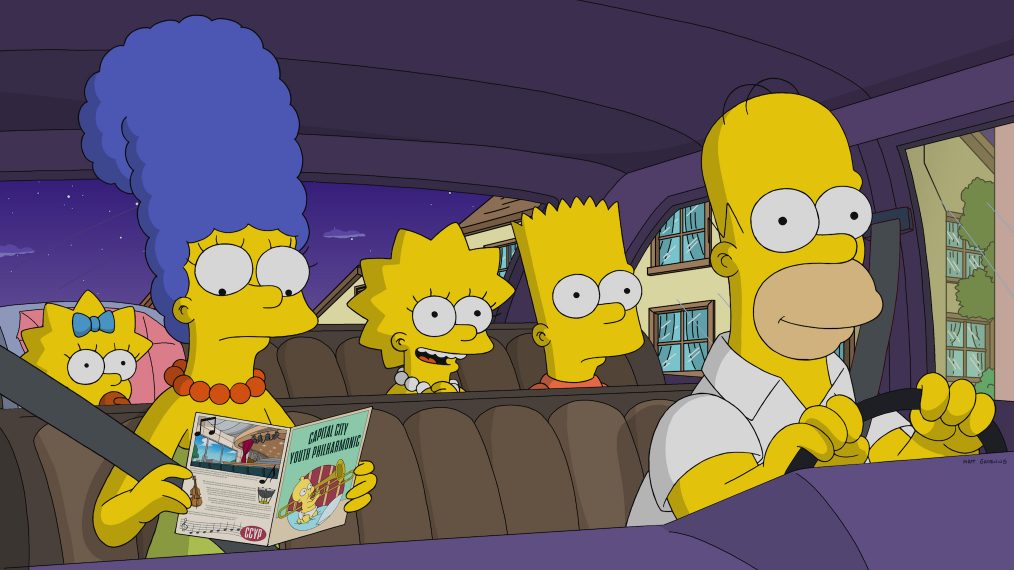
You mentioned Hank Azaria. Did you consider including his character Apu?
Uh… you know, no comment on that. [Laughs] I don’t know what to say. It’s not like I had to write him out or anything. I just…I don’t now what to say about that. He wasn’t in the script, that character.
It’s such a complicated time for comedy. As someone writing comedy, were you influenced at all by some of the conversations surrounding comedy and satire and how it ages?
Oh, actually no. I just had a simple story that I wanted to tell. That’s just my truth of it. For me it was a simple story of Lisa. I loved that it was just the family and how the family gets along when one member is exceptional. She’s a gifted child, but the amount of sacrifice that the family has to make to support her… A lot of families go through things to help a kid who has special talents.
The Simpsons, Sundays, 8/7c, Fox

